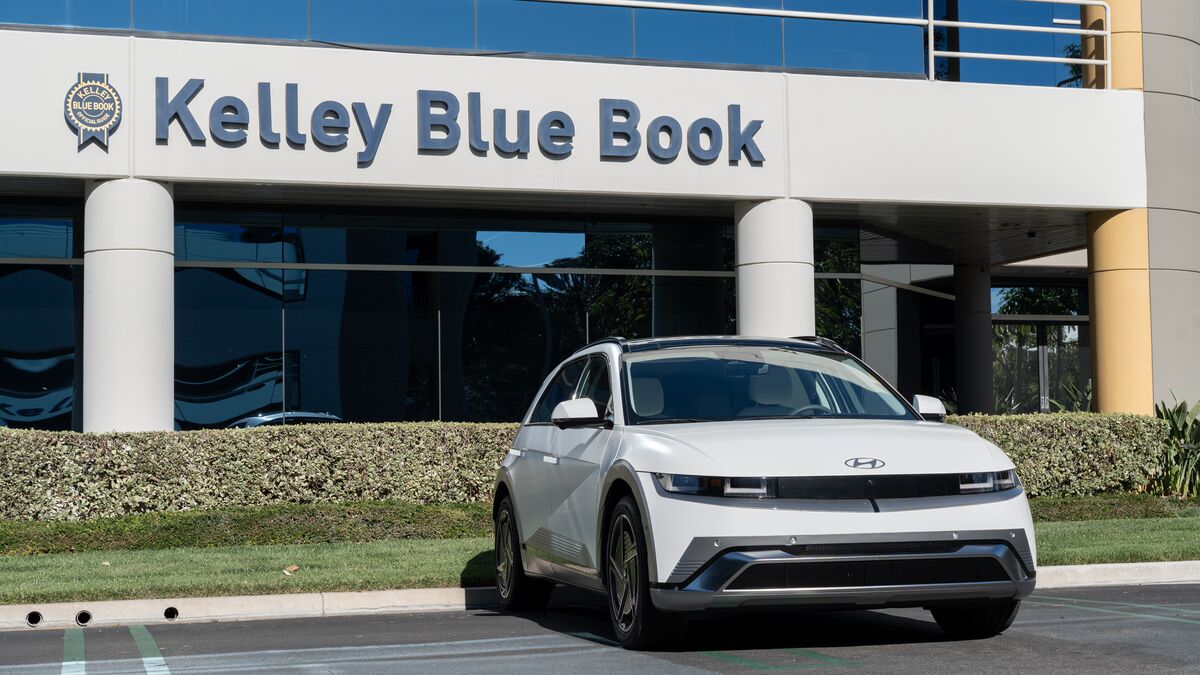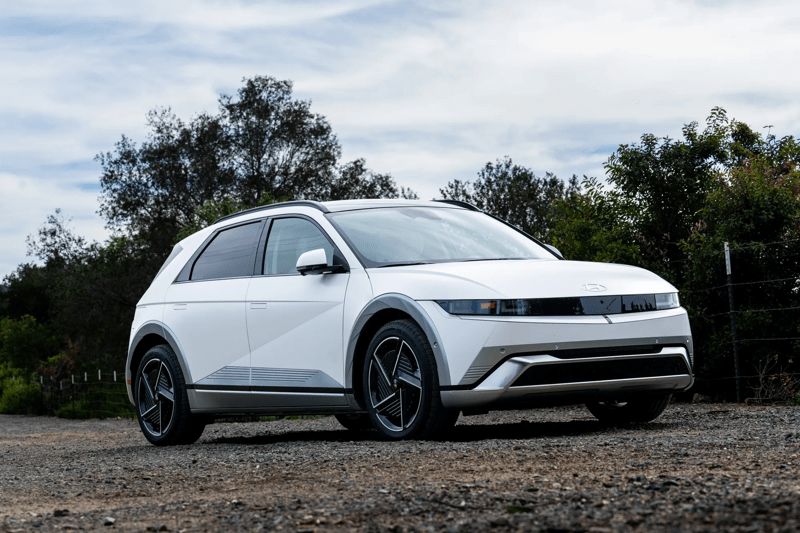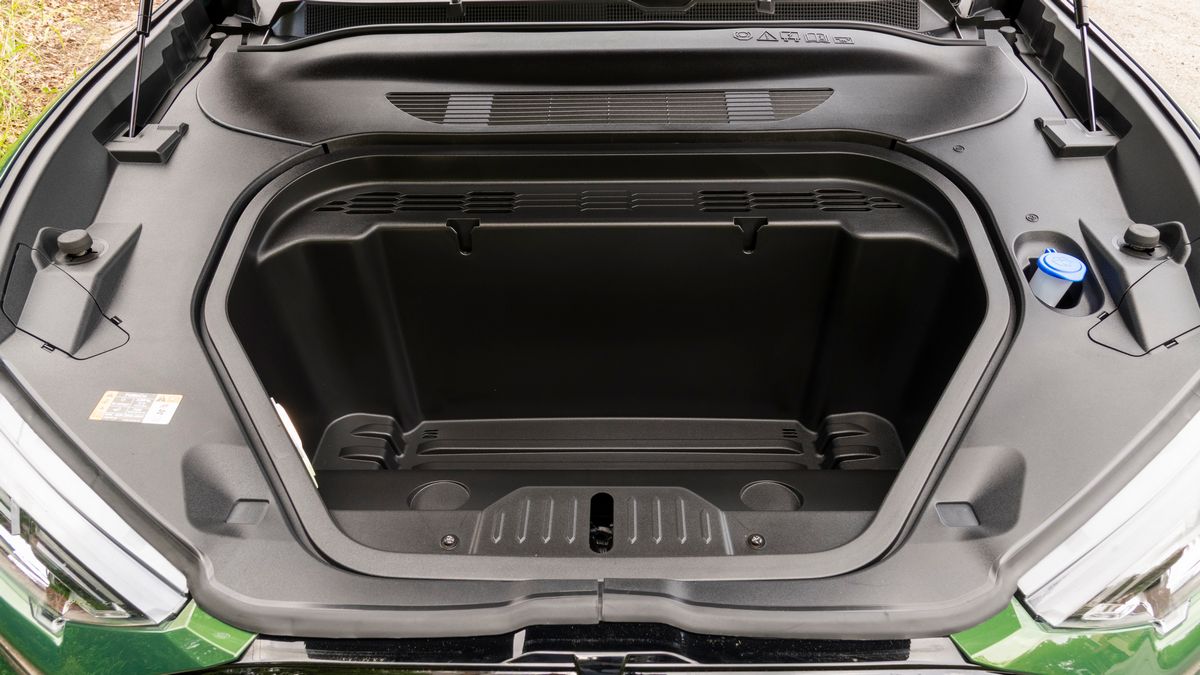
Today’s EV Batteries Aren’t Great
Today’s electric cars almost all use a variation on the same batteries powering the cell phone or laptop you’re probably reading this sentence on. Lithium-ion (Li-ion) batteries are the most practical solution to powering an EV that manufacturers have today.
But that doesn’t mean they’re a great solution. Scaled up large enough to power a car, they’re extremely heavy. They require intensive temperature management, and companies that don’t master it sometimes put out EVs that are far less efficient in the cold.
Small imperfections in design can make them prone to fire, while building them requires labor-intensive mining that raises environmental and human rights concerns. China so dominates the market for the lithium and cobalt used in Li-ion batteries that Congress recently passed a law incentivizing automakers to develop closer supply chains.
But There’s an EV Moonshot Coming
Several automakers, however, think there’s a better technology around the corner. They’re working on solid-state batteries, called that because they use solid blocks of electrolytes instead of the gel in Li-ion cells. They promise to hold more energy per ounce than any battery currently on the market.
That could lead to smaller, lighter batteries. They’re less susceptible to fire when damaged, researchers say, and may charge faster.
Both Toyota and Nissan have publicly acknowledged solid-state projects. Japanese media reports say Toyota’s project promise ranges over 600 miles and recharging times of 10 minutes or less. The company hasn’t confirmed those targets.
BMW has been partnered with Solid Power, a Colorado research company, since 2017 to build the cells. The two companies have now expanded their partnership that lets BMW build Solid Power cells in its own facility for testing.
The agreement doesn’t give BMW exclusive access to the technology, though. Ford has invested in Solid Power, and both automakers now have representatives on the research company’s board. Mercedes-Benz, Hyundai, Volkswagen, and Dodge parent company Stellantis also have investments in rival solid-state battery research firms.
Success Will Rock the Industry
If the technology becomes practical, it could dramatically affect the automotive industry. EVs built with Li-ion technology could lose value as their long charging times and low ranges make them look like dinosaurs.
Calculations about expanding America’s EV charging network could change radically as cars need shorter charging times and travel longer distances between recharging sessions.







